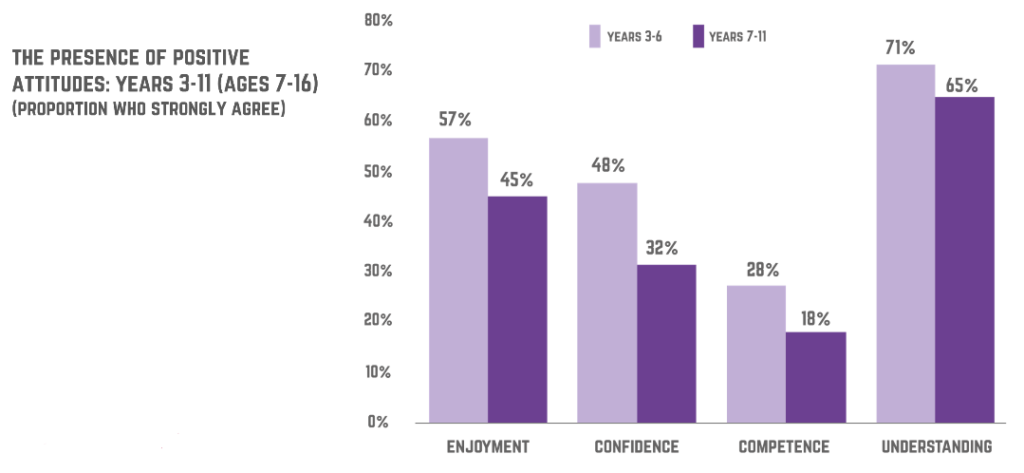Latest insight from Sport England’s Active Lives Children and Young People Survey highlights importance of enjoyment in driving youth physical activity behaviours
Insight released yesterday by Sport England sheds new light on children’s motivations to be active across the country. Developed from data captured as part of the new Active Lives Children and Young People Survey, the findings demonstrate the importance of capitalising on children’s enjoyment of physical activity and sport to drive participation levels for all young people.
71% of children aged 7-11 and 65% of those aged 11-16 strongly agreed that exercise and sport are good for them. For each respective age group, levels of understanding are higher than reported levels of enjoyment, confidence and competence in relation to participation in exercise and sport.

The research also demonstrates the close relationship between physical activity and positive social outcomes, with the most physically literate children demonstrating increased levels of happiness, resilience and social trust.
The data complements existing analysis of Active Lives Children and Young People research, which London Sport has recently built into Local Authority dashboards presenting the behaviours of children and young people across the capital compares to national and London average participation rates.
Commenting on the new findings, Gary Palmer, London Sport’s Specialist Advisor – Children and Young People, said:
“This new research provides an important new level of understanding into what really drives young people to get involved in physical activity and, crucially, what may be causing activity levels to fall as children get older. Enabling all young people in London to live physically active lives is crucial to London’s future health and wellbeing, and this data will be a valuable new tool in enhancing collective efforts towards that aim.”
These new findings come as London Sport is in process of completing an attitudinal segmentation of adults in London which intends to complement wider national efforts to understand the range of behavioural barriers and opportunities around physical inactivity.
In the coming months, London Sport will use Sport England’s findings to build on existing data around childhood physical activity levels in the capital to help enhance local understanding of opportunities to support more of London’s children to live active lives.





